Question And Answer
Publications
Articles, publications, books, tools and multimedia features from the U.S. Institute of Peace provide the latest news, analysis, research findings, practitioner guides and reports, all related to the conflict zones and issues that are at the center of the Institute’s work to prevent and reduce violent conflict.
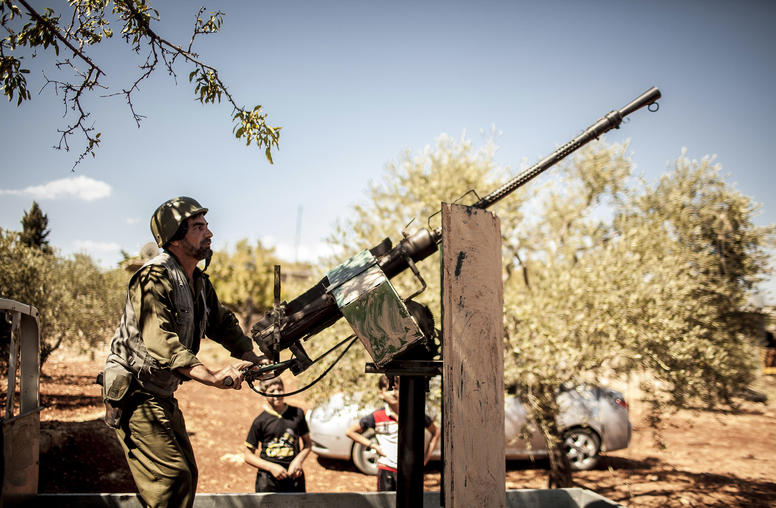
Amid Humanitarian Crisis, Syrian Regime Intensifies Idlib Offensive
Since December 1, the Assad regime—backed by Russia and Iranian-allied militias—has intensified its military offensive on Idlib, one of the last remaining rebel strongholds in Syria. The regime’s escalating attacks have spurred massive civilian displacement, deepening international concerns about an impending humanitarian catastrophe. Alarmed by the mounting violence, Turkey has broadened its military involvement in Idlib as well. USIP’s Mona Yacoubian examines the impact of the Syrian regime’s latest offensive on Idlib.
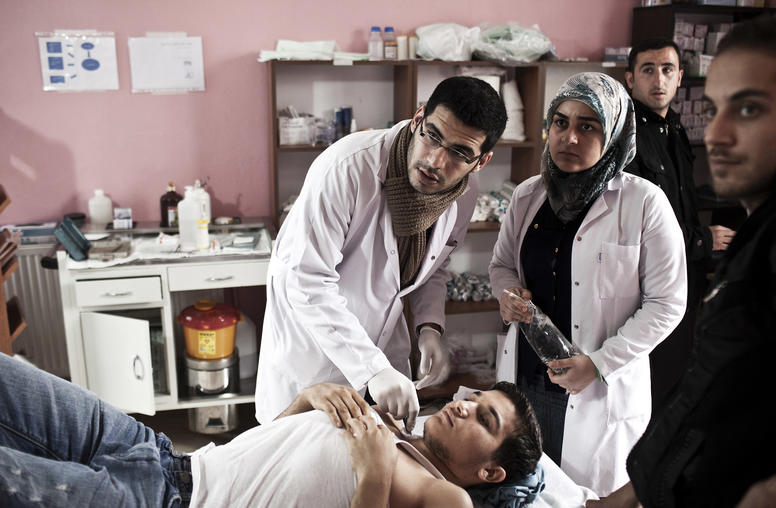
Where Public Health and Peacebuilding Converge
In many ways, peacebuilding and public health are kindred disciplines in that they both require whole-of-society approaches to succeed. But while both disciplines share similar traits, the relationship between peacebuilding and public health is often overlooked. In any country, public health services such as healthcare facilities, water sanitation, and accessible medicine are critical for citizens’ welfare. But in fragile or conflict-affected states, these services become even more important—serving as a foundation for healing and stability throughout a peace process. To examine this important dynamic, USIP’s Fouad Pervez and Chris Bosley look at three situations where the goals of peacebuilding and public health are intertwined.
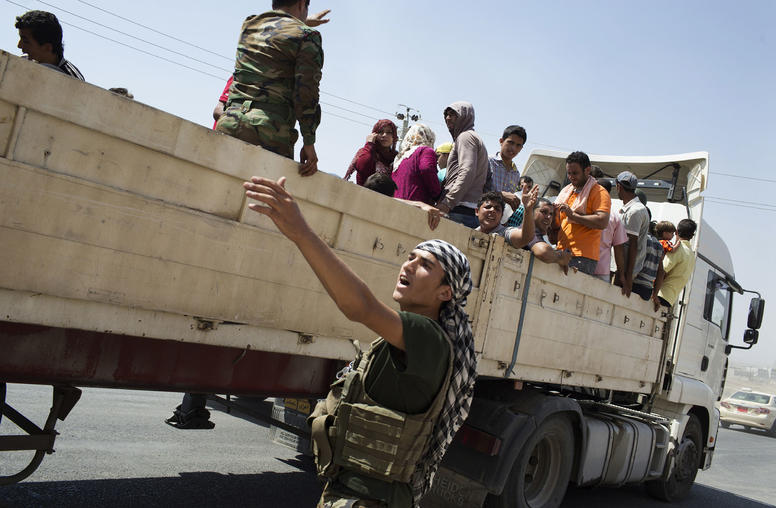
Escape from ISIS: One Family’s Story
The horrific story of ISIS’s bid to wipe out Iraq’s Yazidi minority is fairly well known in the United States. At least in broad terms, Americans who pay attention to such things understand that the terrorist group’s fanatical gunmen rolled in on a defenseless people, butchered men and boys by the thousands and hauled away young women into sexual slavery in a genocidal plan.

Ethiopia’s Experiment in Reconciliation
In February 2019, the Ethiopian parliament adopted a landmark proclamation establishing a national reconciliation commission, the first-ever such institution in Ethiopia. Six months on, the commission has developed a three-year plan and begun consultations. But the body was formed without broad-based political consensus regarding its mandate, so has yet to win the critical trust of Ethiopia’s many social and political groups. Dr. Solomon Ayele Dersso discusses the mandate of this body, the challenges ahead, and how the commission could help build peace in Africa’s second most populous country.

Kathleen Kuehnast on Women in Conflict Zones
At a recent USIP event, Nobel laureate Nadia Murad discussed her efforts to end sexual violence and human trafficking—two criminal practices that Kathleen Kuehnast says “have been institutionalized and militarized.” To disincentivize these human rights abuses, Kuehnast says we must reinforce that these heinous but often lucrative practices are “not a livelihood—this is criminality.”
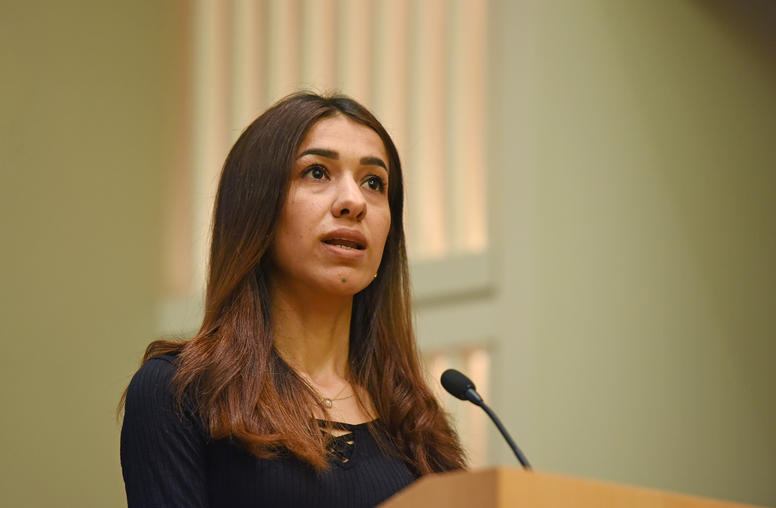
Nobel Laureate Nadia Murad Appeals for Aid to Save Yazidi Society
Nadia Murad, the sad-eyed, soft-spoken Nobel laureate and voice of the Yazidi genocide, warned that her people along with Christians and other minorities are slowly disappearing from Iraq. Faced with challenges that include uncertain security, lack of health care, stalled reconstruction and inability to leave refugee camps, Yazidis and other minority groups urgently need international help if they are to survive as components of Iraq’s national character, she said.
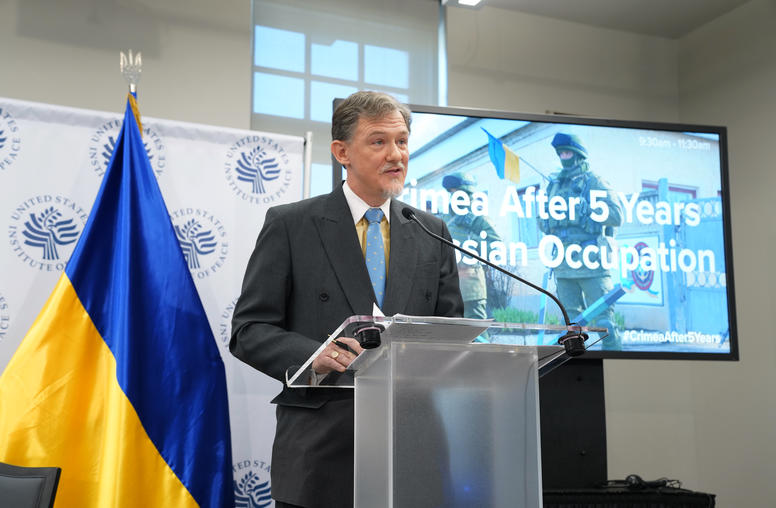
Crimea Seizure: A Policy Struggle Five Years Later
Five years after Russian forces took Crimea from Ukraine, the international community is still struggling with how to respond to a major power seizing another country’s territory for the first time since World War II and the founding of the United Nations, a senior State Department official said.
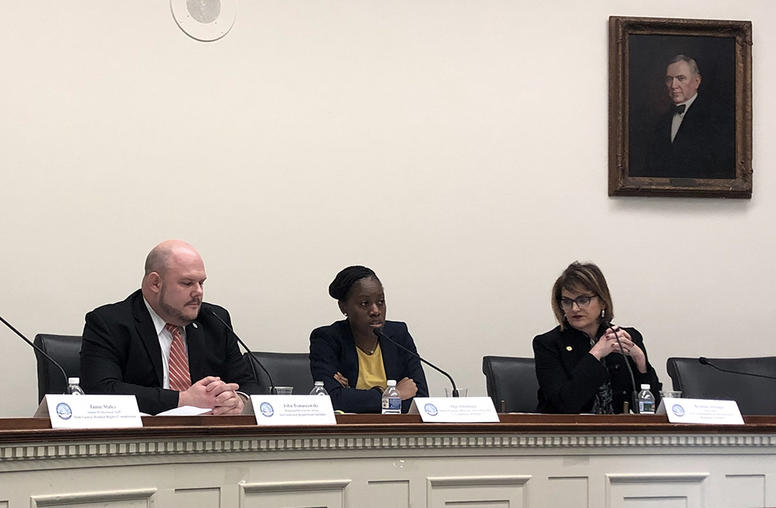
Nigeria: Elections and Human Rights
Nigeria’s keenly anticipated presidential and national assembly elections are scheduled for February 16, 2019, while the elections for state governors and state assemblies are scheduled for March 2, 2019. These elections come 20 years after the restoration of democratic, multiparty constitutional rule in Nigeria.
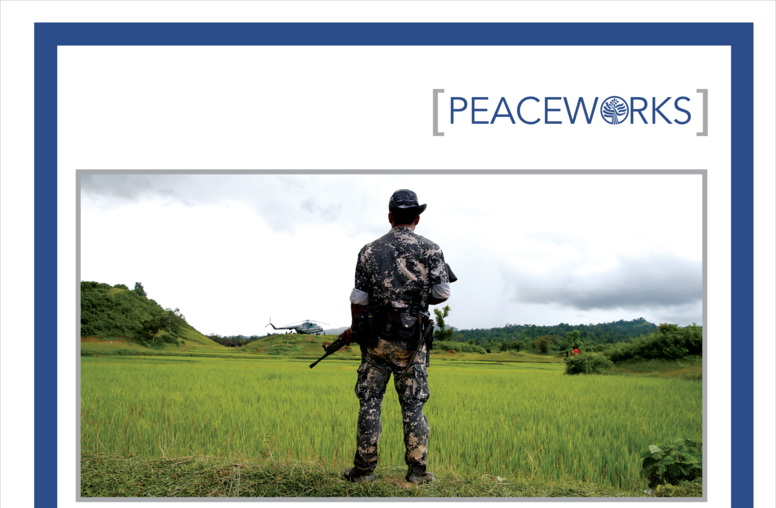
Myanmar’s Armed Forces and the Rohingya Crisis
In 2016 and 2017, in response to small attacks by the Arakan Rohingya Salvation Army, Myanmar’s armed forces launched “area clearance operations” against the Rohingya minority in Rakhine State—a response the U.S. government has called ethnic cleansing. This report explores the structure, training, and ethos of Myanmar’s armed forces...
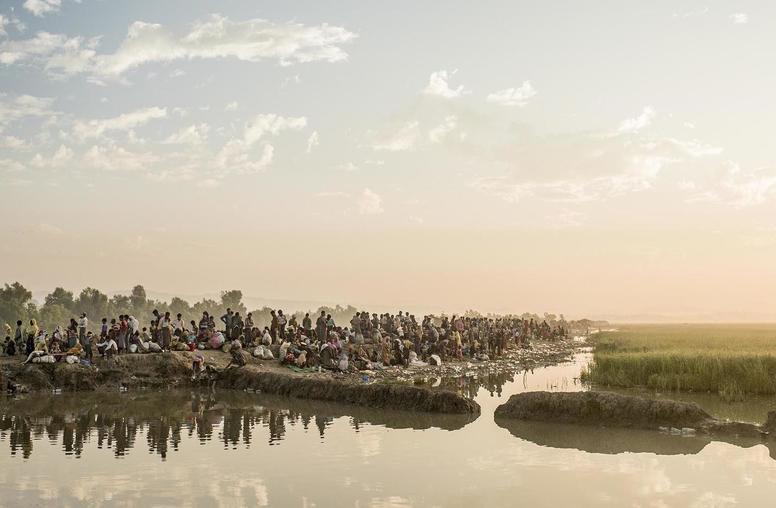
Burma’s Balancing Act on Rakhine
In a reversal of past policy, Burma’s government last week signed a memorandum of understanding (MOU) with the United Nations to facilitate the repatriation of Rohingya refugees back to Burma. This unexpected move builds on the momentum established last month, when Burma hosted a United Nations Security Council (UNSC) delegation and invited the U.N. to assist in the repatriation of the Rohingya and the rehabilitation of Rakhine state.